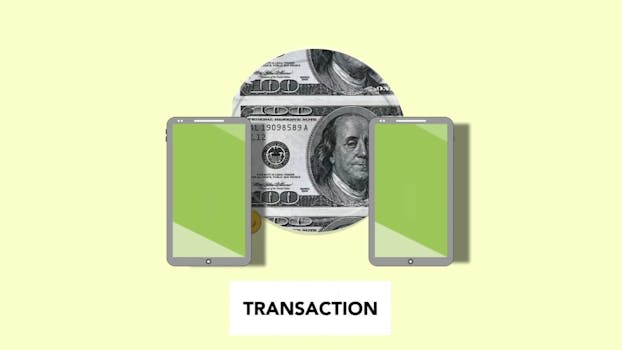Mobile Money Revolution: The Impact of Telco Innovations on Africa’s Economy
The mobile money revolution has transformed Africa’s economy, providing financial inclusion and digital payment solutions to millions of people. This article explores the impact of telco innovations on Africa’s economy, highlighting the benefits and challenges of mobile money services.

Mobile Money Revolution: The Impact of Telco Innovations on Africa’s Economy
Mobile Money Revolution: The Impact of Telco Innovations on Africa’s Economy. The mobile money revolution has transformed Africa’s economy, providing financial inclusion and digital payment solutions to millions of people. In this article, we will explore the impact of telco innovations on Africa’s economy, highlighting the benefits and challenges of mobile money services.
Introduction to Mobile Money

Mobile money refers to financial services provided through mobile phones, allowing users to store, send, and receive money. This innovation has been particularly successful in Africa, where traditional banking services are often limited. Mobile money services, such as M-Pesa in Kenya and MTN Mobile Money in Ghana, have enabled millions of people to access financial services, promoting financial inclusion and economic growth.
The Impact of Telco Innovations on Africa’s Economy

The impact of telco innovations on Africa’s economy has been significant. Mobile money services have increased access to financial services, reduced transaction costs, and improved the efficiency of payments. This has had a positive impact on businesses, individuals, and the overall economy. For example, a study by the World Bank found that mobile money services have increased financial inclusion in Africa, with over 40% of adults in sub-Saharan Africa using mobile money services.
Benefits of Mobile Money Services

The benefits of mobile money services are numerous. They provide financial inclusion, convenience, and security. Mobile money services also promote economic growth by increasing access to financial services, reducing transaction costs, and improving the efficiency of payments. Additionally, mobile money services have enabled the growth of e-commerce and digital payments in Africa, creating new opportunities for businesses and individuals.
Challenges Facing Mobile Money Services

Despite the benefits of mobile money services, there are also challenges facing the industry. One of the major challenges is the lack of interoperability between mobile money services, making it difficult for users to transfer money between different services. Another challenge is the high cost of transactions, which can be a barrier to access for low-income individuals. Furthermore, mobile money services are vulnerable to cybercrime and fraud, which can erode trust and confidence in the services.
Conclusion

In conclusion, the mobile money revolution has had a significant impact on Africa’s economy, providing financial inclusion and digital payment solutions to millions of people. While there are challenges facing the industry, the benefits of mobile money services are numerous, and the potential for growth and development is significant. As the mobile money industry continues to evolve, it is essential to address the challenges facing the industry and ensure that mobile money services are accessible, affordable, and secure for all users.
See more:





